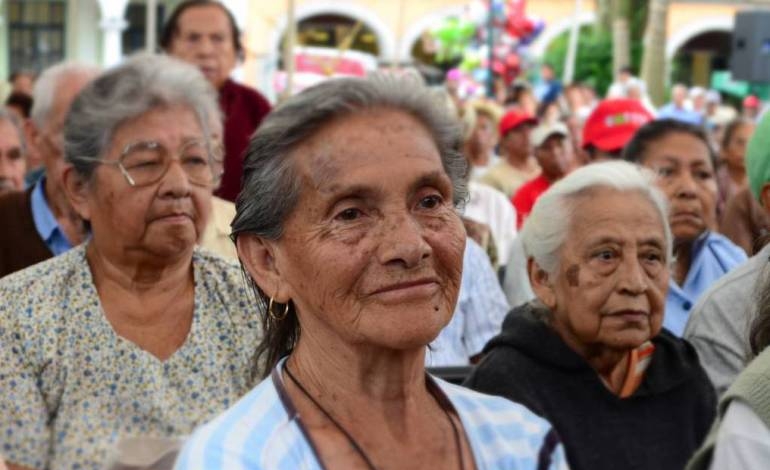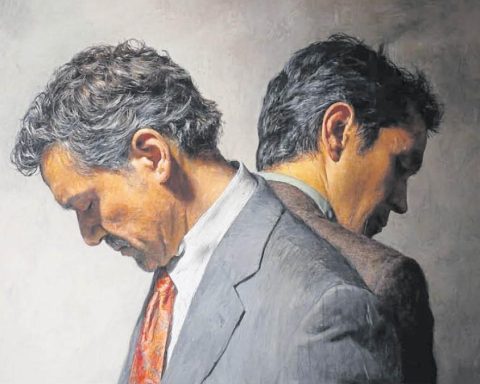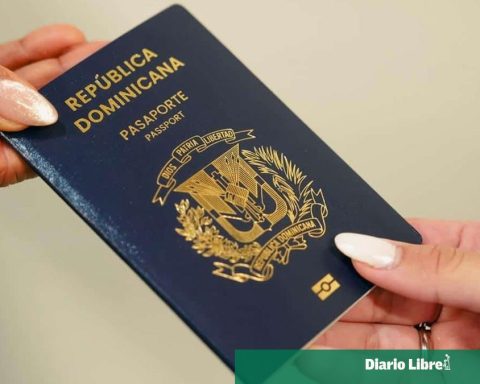It’s official: Austrians over the age of 18 must, as of Saturday, be vaccinated against covid-19 on pain of facing a heavy fine, an unprecedented measure in the European Union.
The law was adopted on January 20 by Parliament and signed into law by the president on Friday, the culmination of a process that began in November with the accelerated spread of the pandemic.
The government chose to make the vaccine mandatory despite strong criticism, unlike its European partners.
“No other country in Europe followed us with compulsory vaccination,” said Manuel Krautgartner, an activist against health rules in the city of Linz (north).
In neighboring Germany, a similar project championed by the new social democratic chancellor Olaf Scholz, began to be debated on January 26 in the Bundestag (parliament), where political differences on the issue were exposed.
Controls in March
To date, the vaccination rate has not advanced much in Austria and remains at a lower level than those in France or Spain, at around 70% of the population.
Meanwhile, in the vaccination centers in Vienna the influx is lower than expected.
“We are far from reaching maximum capacity, it has completely stalled,” Stefanie Kurzweil, from the humanitarian association Arbeiter Samariter Bund, which supervises one of the centers, told AFP days before the law came into force.
Melanie, a 23-year-old who did not want to reveal her last name, said she took the third dose without being convinced, just to avoid the expiration of her vaccination certificate.
“I did not want to stay locked up at home,” she said, because in Austria the unvaccinated are excluded from restaurants, sports facilities and cultural events. And now they will also be subject to fines, something that she considers “unhealthy”.
The law applies to everyone of legal age, with the exception of pregnant women, people who contracted the virus less than 180 days ago, and others who may receive an exemption for medical reasons.
However, the controls will begin to be applied in mid-March, with the application of fines of between 600 and 3,600 euros ($685 to $4,100), which will be lifted if the person is vaccinated in the following two weeks.
world exception
In the waiting line of a vaccination center, some are in favor of compulsory inoculation.
“We would have been done for a long time [con la pandemia] if everyone were vaccinated”, claimed Angelika Altmann, who works in a law firm.
More than 60% of Austrians support the measure, according to a recent poll, but much of the population remains strongly against it.
For several weeks after the announcement of the project, tens of thousands of people marched against the measure, which they described as radical and contrary to freedom.
There were also criticisms in the sense that this law arose when the omicron variant appeared, less serious but causing an explosion of cases.
Conservative Chancellor Karl Nehammer, who governs alongside the Greens, announced at the same time a relaxation of health restrictions.
But for the Minister of Health, Wolfgang Muckstein, compulsory vaccination seeks to protect against “new waves” and fight against new variants that may appear in the coming months.
The vaccination pass has been adopted by a growing number of countries for certain professions or activities, but compulsory vaccination is an exception.
In Ecuador it is mandatory and includes children over five years of age, a unique case in the world.
Two authoritarian governments in Central Asia, Tajikistan and Turkmenistan, have also mandated vaccination, as has Indonesia, although in practice less than half of its population is vaccinated.











